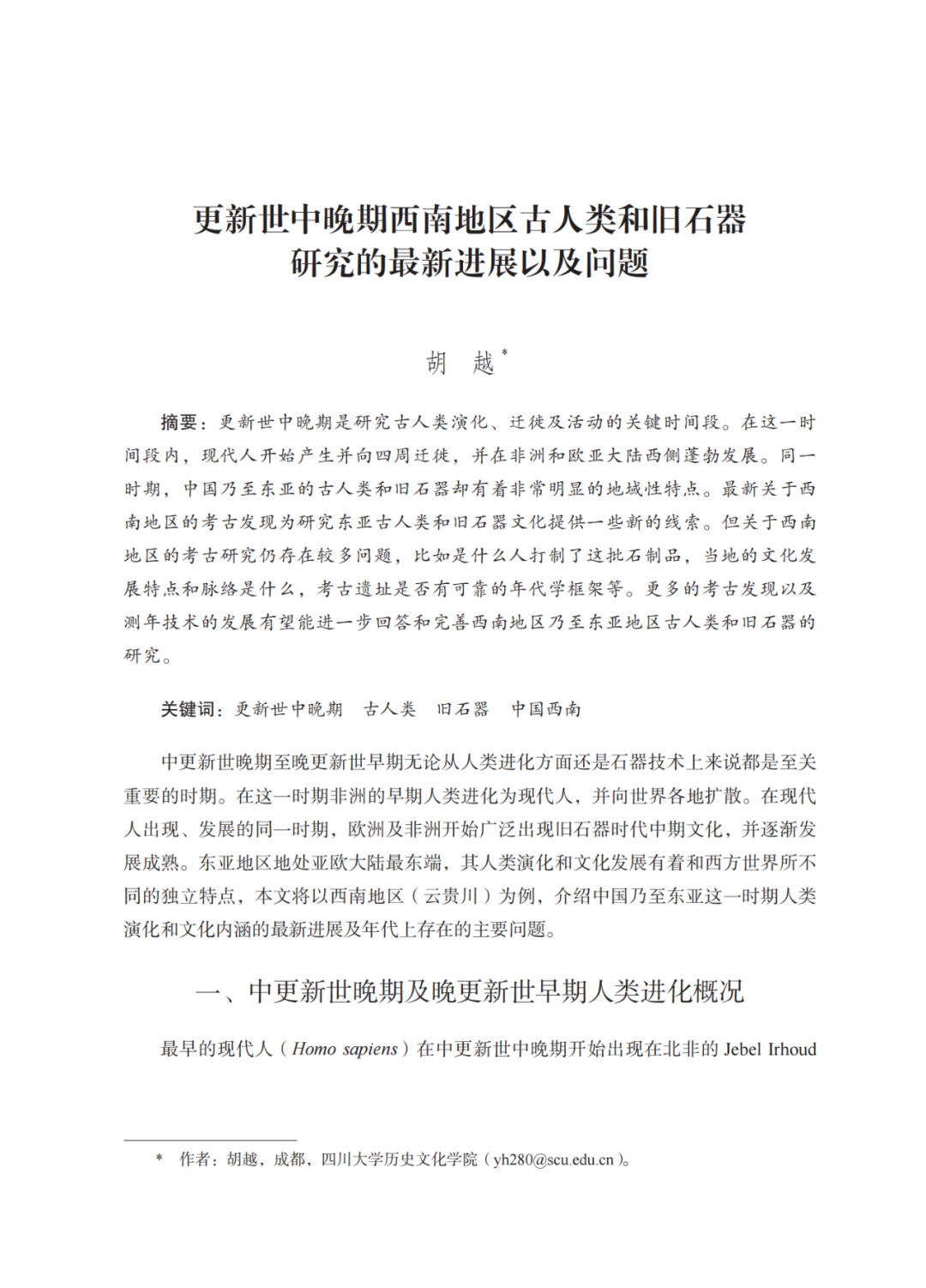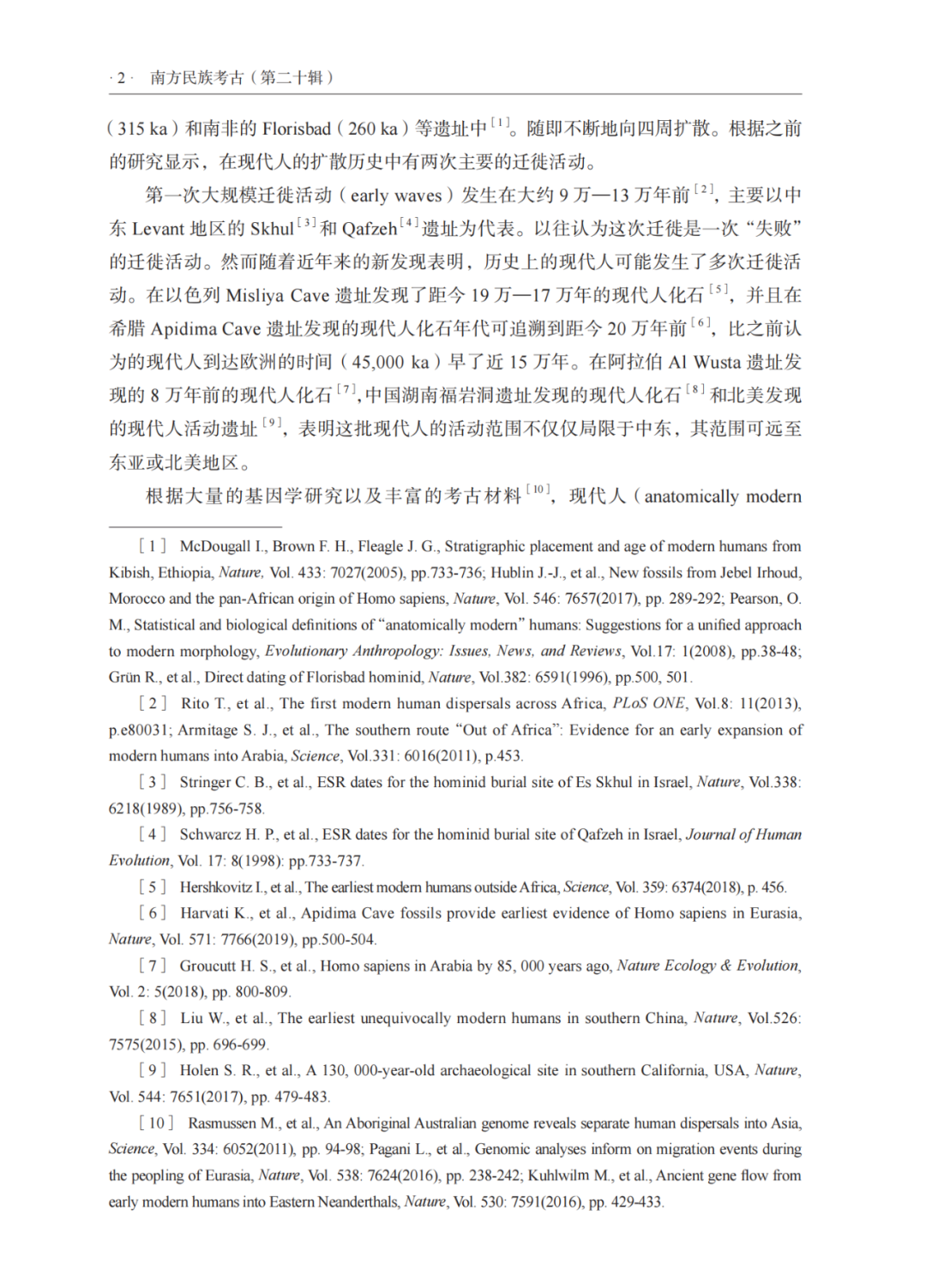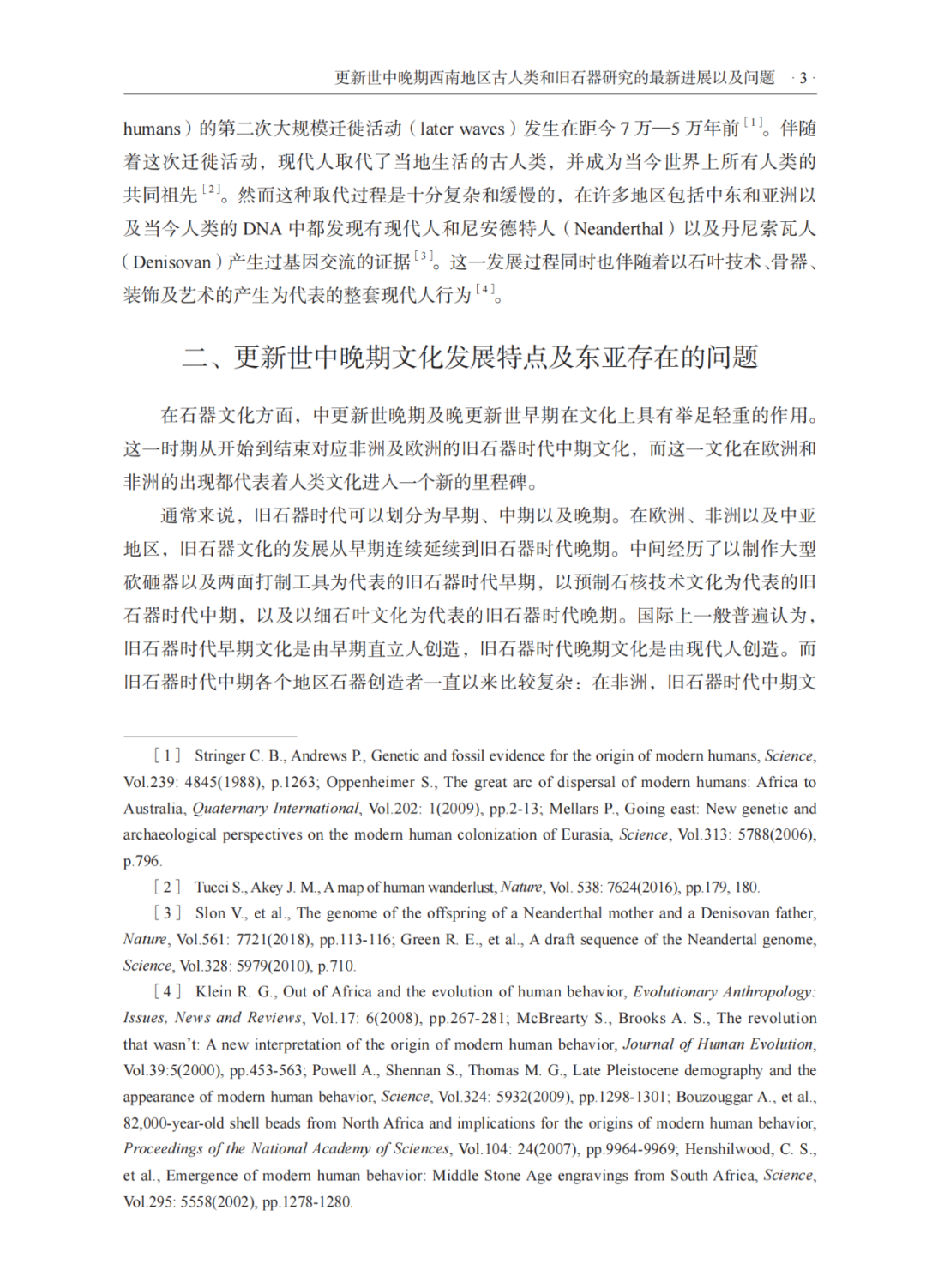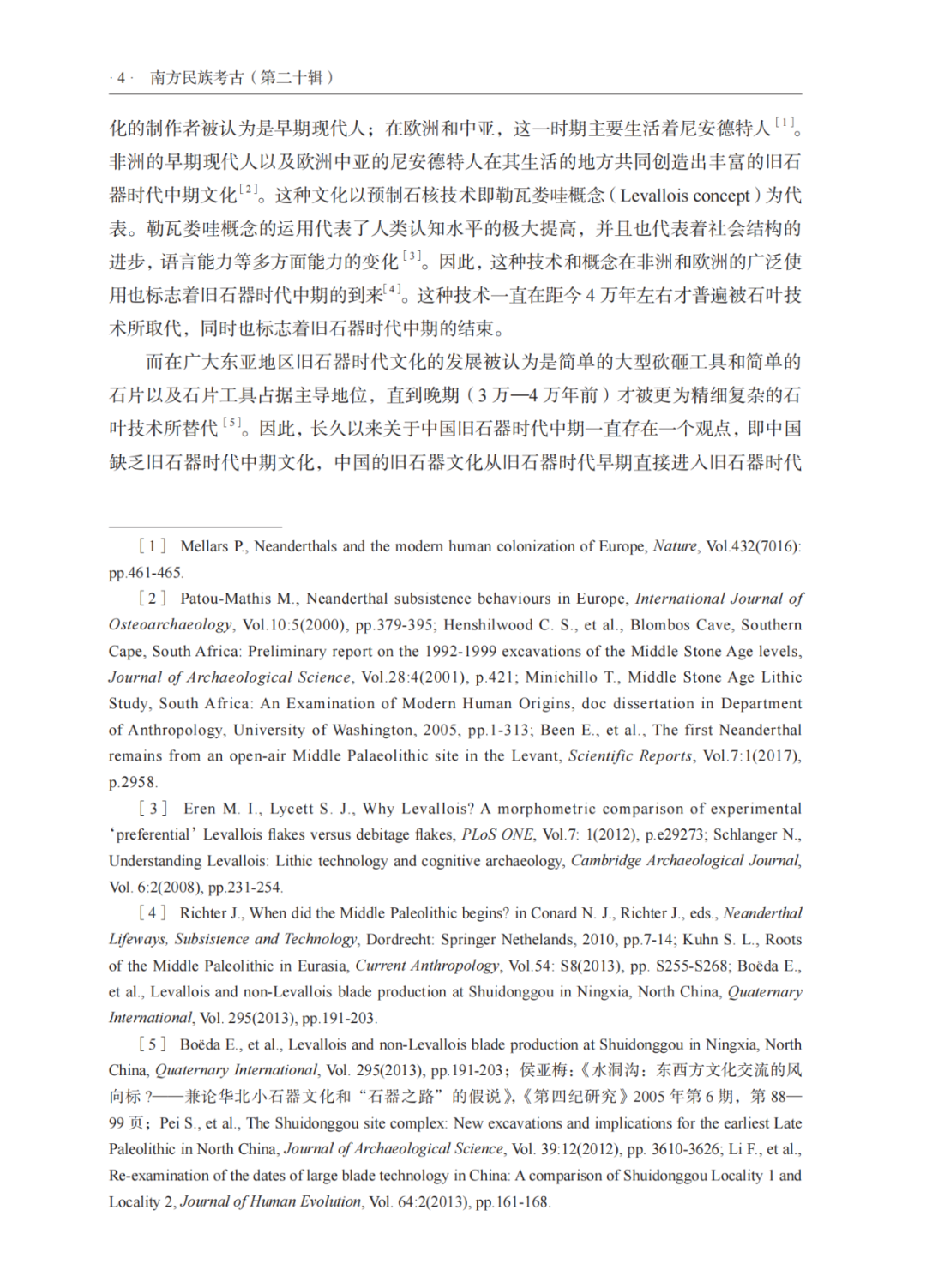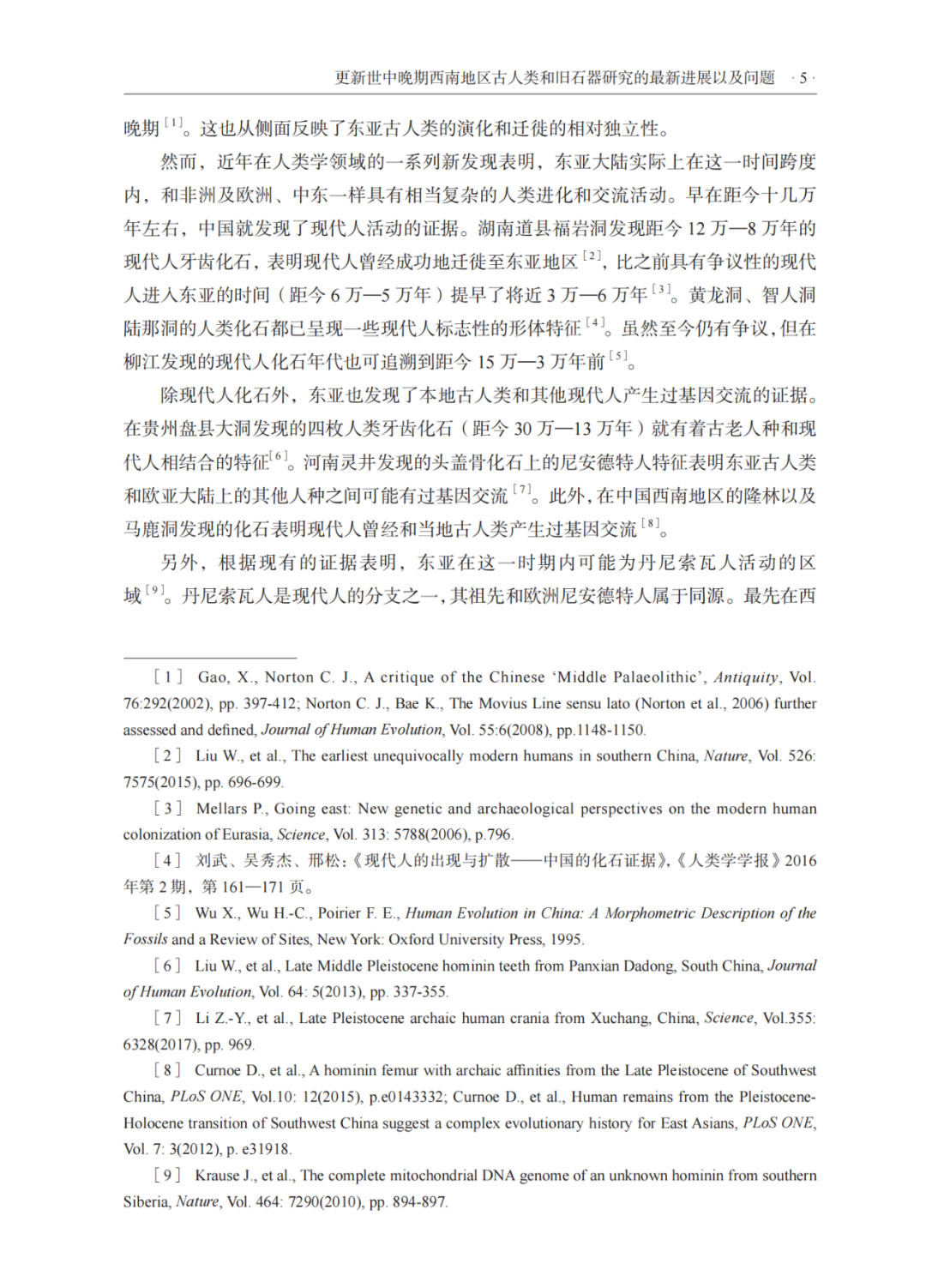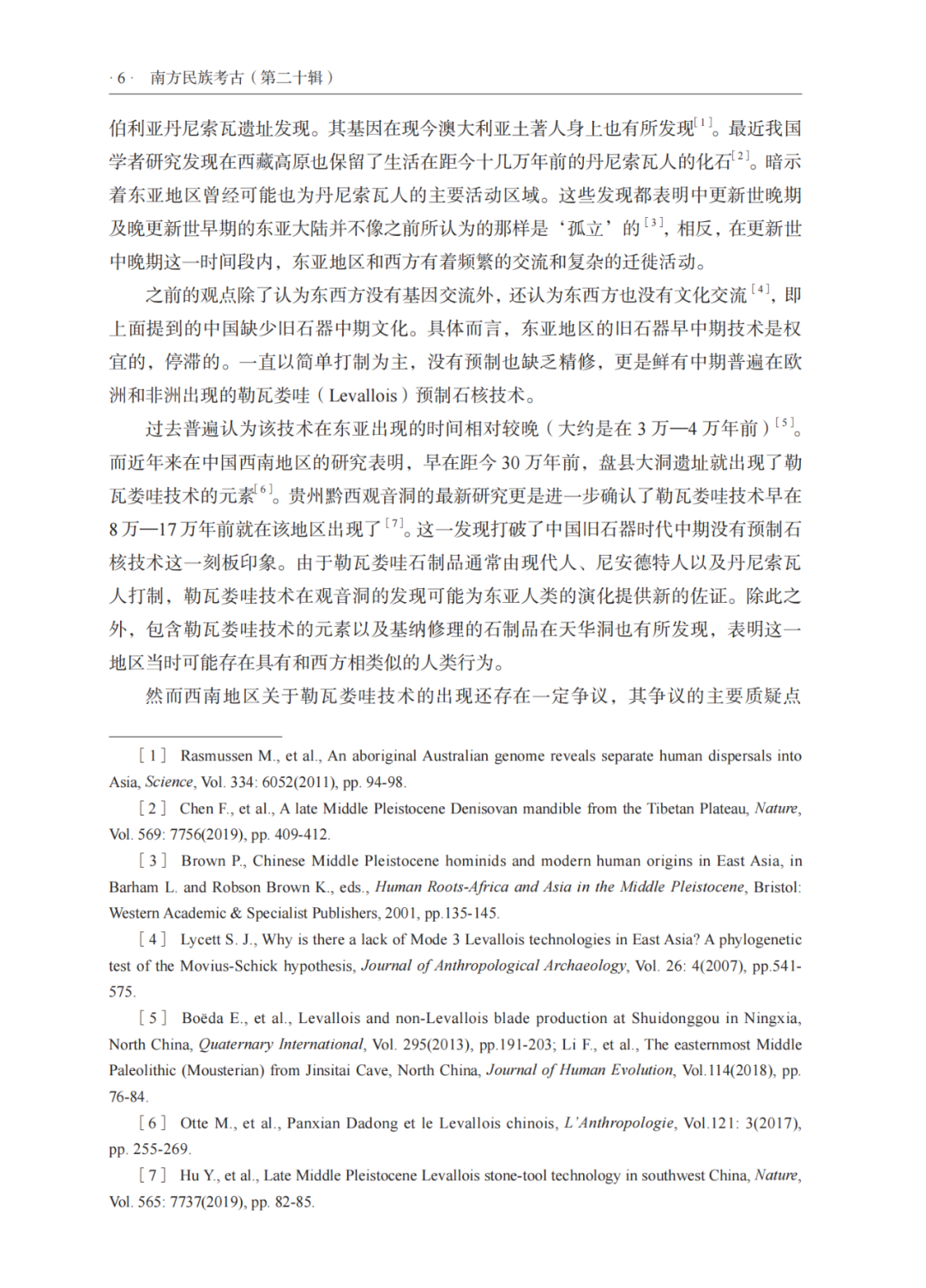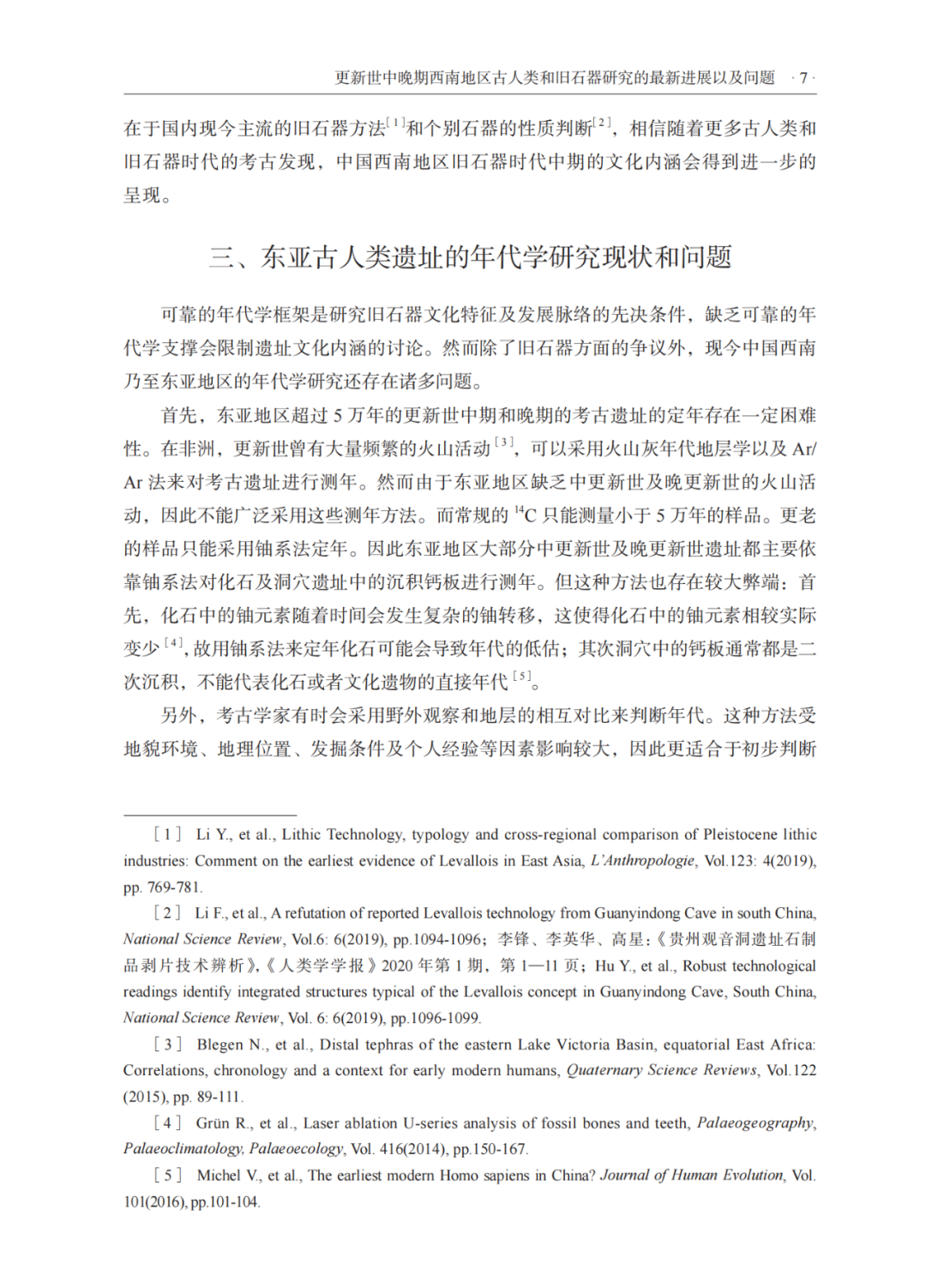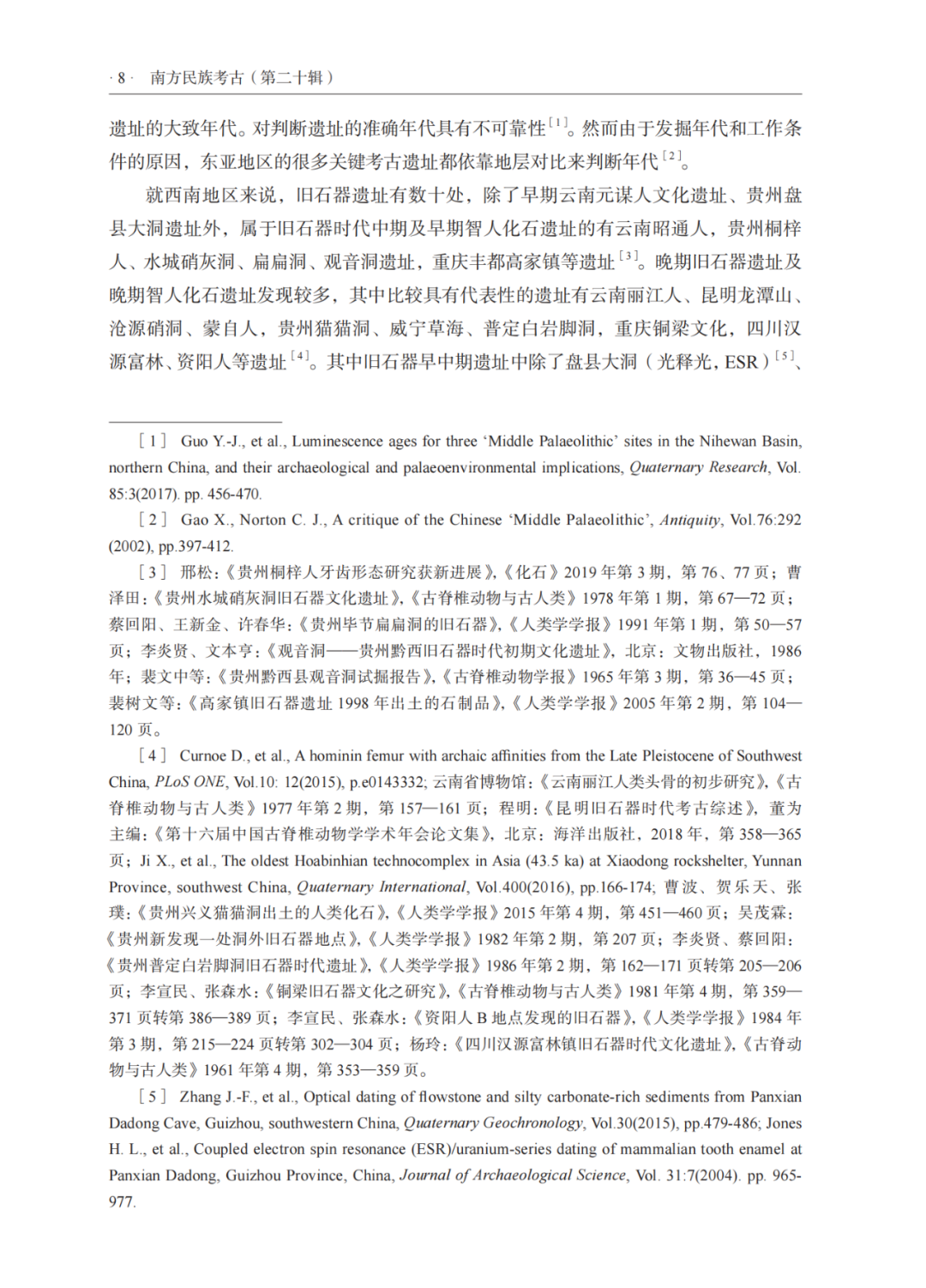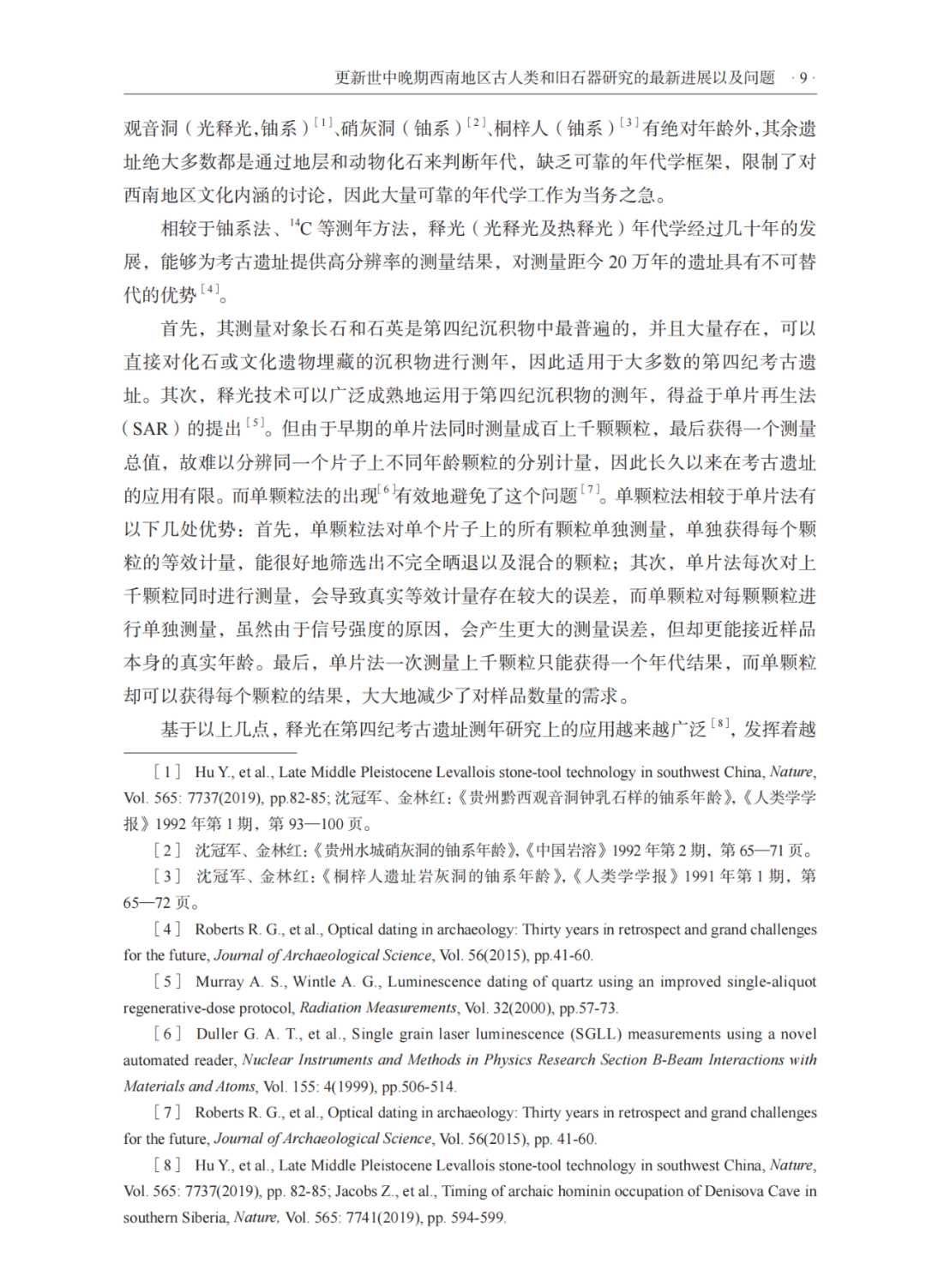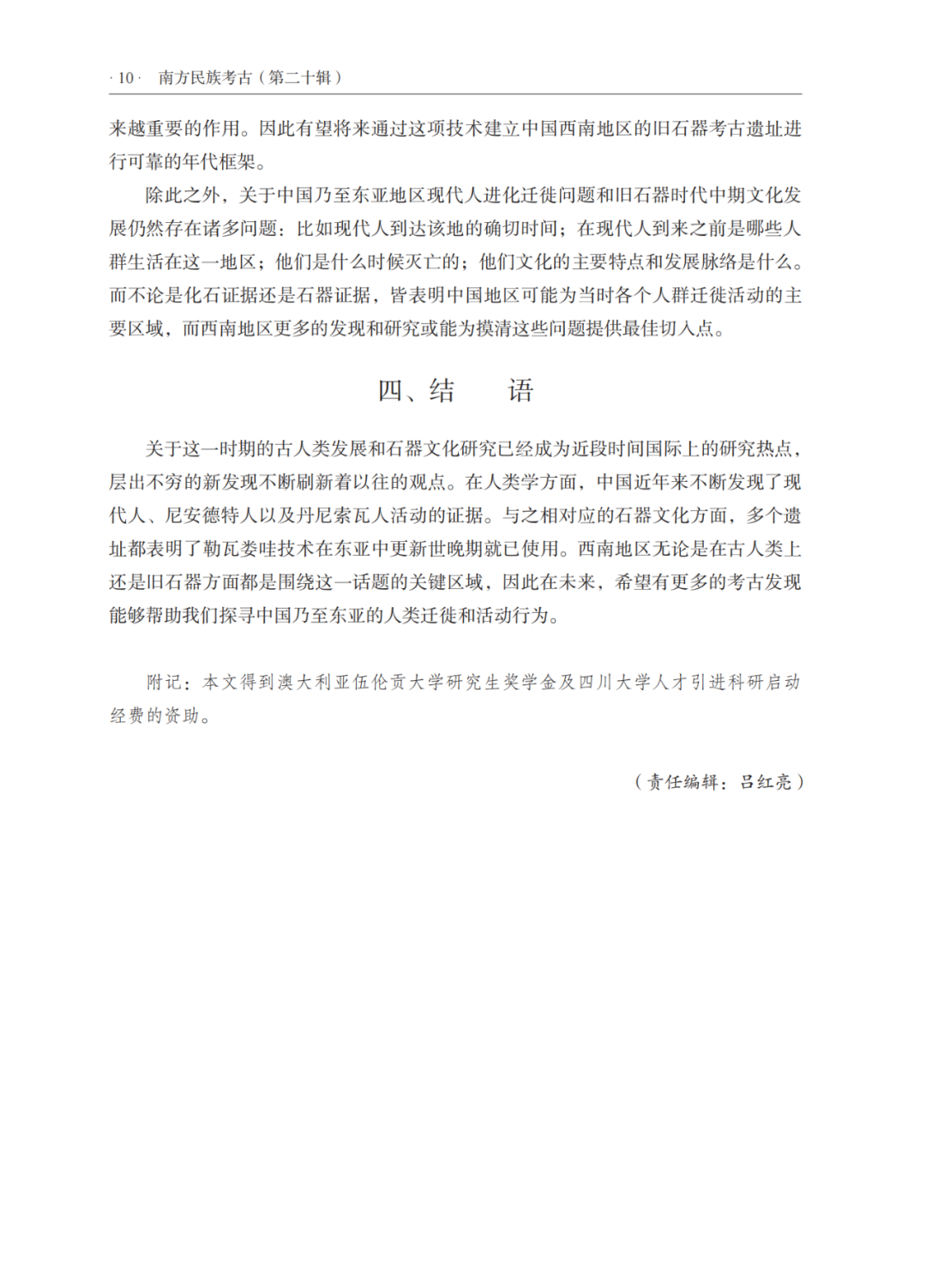Hu Yue: "Recent Advances and Problems in the Study of Paleolithic and Paleoanthropology in Southwest China during the Middle to Late Pleistocene"
Abstract: The Middle and Late Pleistocene is a crucial period for studying the evolution, migration, and activities of ancient humans. During this period, modern humans began to emerge and migrate in all directions, flourishing in Africa and western Eurasia. Simultaneously, the ancient humans and Paleolithic cultures in China and even East Asia exhibit distinct regional characteristics. The latest archaeological discoveries in Southwest China provide new clues for studying ancient humans and Paleolithic culture in East Asia. However, there are still many problems in the archaeological research in Southwest China, such as who made these stone tools, what are the characteristics and context of local cultural development, and whether the archaeological sites have a reliable chronological framework. More archaeological discoveries and the development of dating technology are expected to further answer and improve the research on ancient humans and the Paleolithic in Southwest China and even East Asia.
Keywords: Middle and Late Pleistocene, Ancient Humans, Paleolithic, Southwest China
